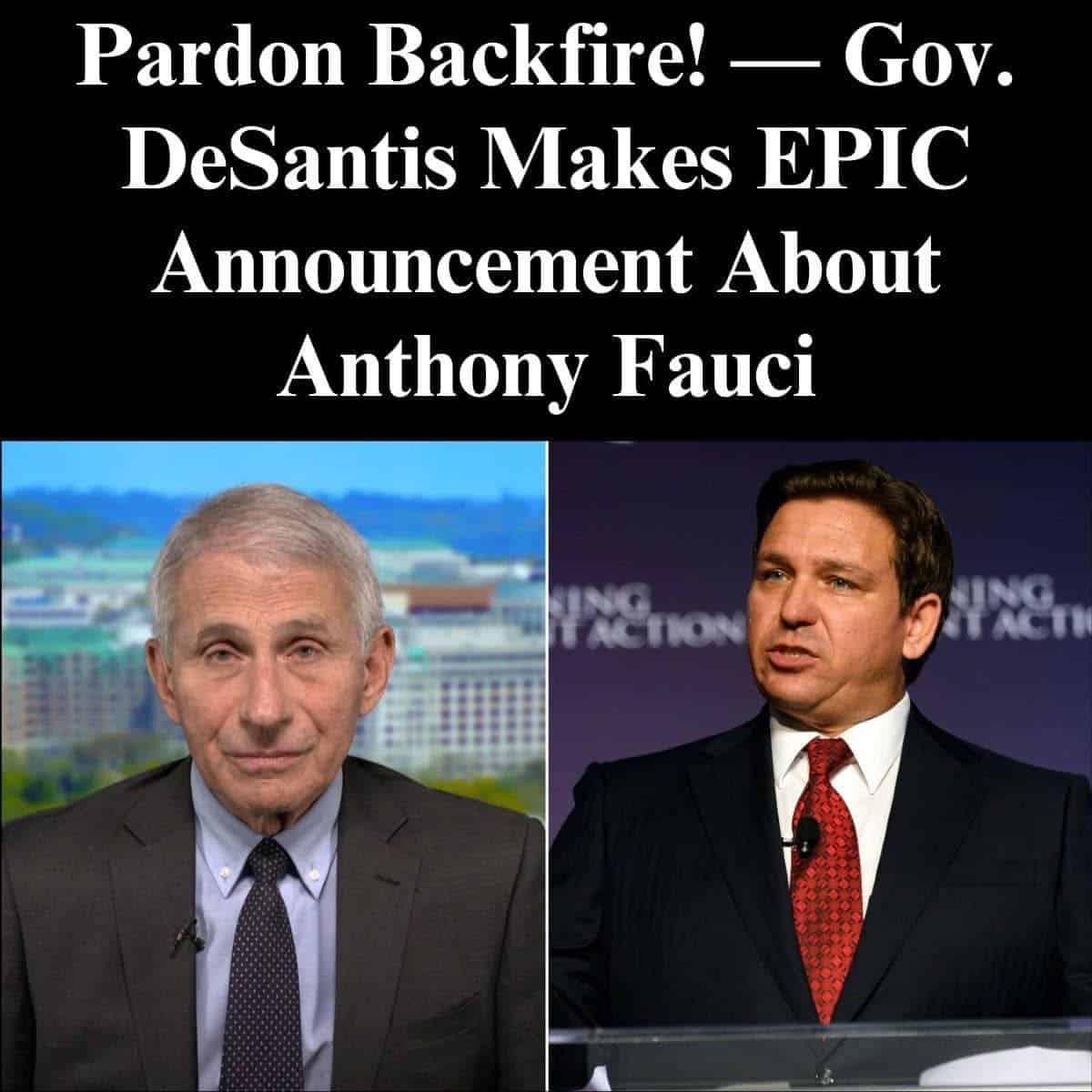DeSantis also referred to a document reportedly released by Elon Musk’s Department of Government Efficiency (DOGE), which cited government spending related to Dr. Fauci, including a $180,000 commemoration at the National Institutes of Health (NIH). “Public trust requires transparency, especially in times of crisis,” DeSantis said. “People deserve to know whether decisions were driven by science, sound data, or something else entirely.”
He also questioned the media visibility of certain public health leaders during the pandemic, asking whether the time spent on interviews and public appearances may have distracted from critical behind-the-scenes decision-making. “Visibility is important, but so is focus and follow-through,” DeSantis said.
More notably, the governor suggested that state attorneys general could explore their own investigations if they believe federal oversight has fallen short. “State leaders have tools at their disposal,” he said. “We may see different approaches emerge across the country.”
Legal experts have also weighed in. Some note that a pardon could change the legal dynamics significantly. “Once someone is pardoned, they may no longer have the right to plead the Fifth Amendment,” said investigative journalist Matt Taibbi. “That opens them up to questioning under oath, potentially revealing more about decisions made during the pandemic.”
While the reported pardon is intended by some as a step toward closure and national healing, it has also triggered renewed calls for accountability. For critics, the issue is not political—it’s about transparency in decisions that had far-reaching consequences for public health, education, and the economy.
Governor DeSantis’s remarks reflect a broader national discussion about the balance of power between federal and state governments in moments of crisis. As the debate continues, questions about how to ensure proper oversight and responsibility in future emergencies are becoming central to public discourse.

